Jared Tendler, MS, LMHC is licensed therapist specializing in sport psychology and is the leading authority on the mental game in poker. Throughout his nearly 10 years coaching poker players he has worked with over 500 players hailing from over 45 countries, including many of the top players in the world. He is also the author of two best-selling books on the subject, The Mental Game of Poker 1 and 2.
Related Guides
 The Mental Game of Poker
The Mental Game of Poker
The Mental Game of Poker 1 and 2, we bring you an exclusive, all new, step by step guide on the Mental Game of Poker.
 CHP1. WHY THE MIND MATTERS?
CHP1. WHY THE MIND MATTERS?
Poker is not a physical game. Even if you’re a player who eats well and works out, the reasons you do are less about poker’s physical demands and more about the mental ones.
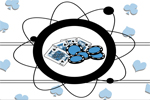 CHP2. THE RIGHT ENERGY FOR POKER
CHP2. THE RIGHT ENERGY FOR POKER
Like an electrical circuit that overheats and shuts down, the mind can’t function properly when you’re overexcited, tilted, or fearful.
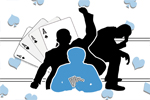 CHP3. BECOME A GREAT LOSER
CHP3. BECOME A GREAT LOSER
Nobody starts playing poker wanting to lose, but soon you realize it’s inevitable. Of all the skill games, I have yet to discover one where players who have a significant edge over their game.
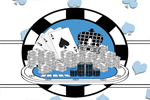 CHP4. A VARIANCE EXPERT
CHP4. A VARIANCE EXPERT
What sets poker apart from other games is variance. Poker is a game of luck and skill where the best players win in the long run, but regularly lose to worse players in the short term.
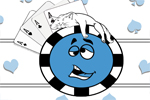 CHP5. CALLING YOURSELF LAZY IS LAZY
CHP5. CALLING YOURSELF LAZY IS LAZY
Saying you are lazy is paradoxically a lazy thing to do.It’s an excusenot to work on your motivational issue.
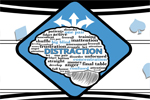 CHP6. DISTRACTED POKER
CHP6. DISTRACTED POKER
While most of you would probably scoff at the idea of playing poker while drunk, many of you are playing in a way that is just as bad: distracted.
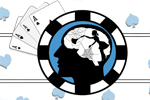 CHP7. DECLUTTERING YOUR MIND
CHP7. DECLUTTERING YOUR MIND
In the last chapter I discussed how focus is your tool for gathering the data you need to make quality decisions at the poker table. But what if you don’t have room in your mind to holdit?
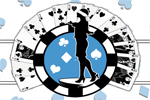 CHP8. Why You Make Bad Decisions
CHP8. Why You Make Bad Decisions
You are guaranteed to make bad decisions. But don’t worry, you’re not alone. Every poker player makes them, even the best players in the world. They are inevitable.
 CHP9. DON'T TRUST THE GUT
CHP9. DON'T TRUST THE GUT
Trust your instincts. Follow your heart. Be yourself.Go with your gut. There is a growing trend in society recently to dish out advice that essentially says, doing what feels right, is right.
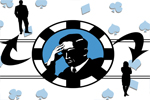 CHP10. ADDICTED TO SOUL READS
CHP10. ADDICTED TO SOUL READS
Saying you are lazy is paradoxically a lazy thing to do.It’s an excuse not to work on your motivational issue.
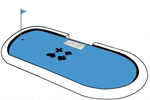 CHP11. DRIVING RANGE POKER
CHP11. DRIVING RANGE POKER
Now I want to put it all together and show you how to work on your decision making like a golfer would work on their golf swing.
 CHP12. BUILDING MENTAL ENDURANCE
CHP12. BUILDING MENTAL ENDURANCE
One of the great things about online poker is that it’s always open for business. But that doesn’t mean you have a limitless amount of energy to always play.
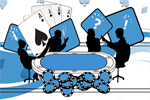 CHP13. WHEN POKER BECOMES PERSONAL
CHP13. WHEN POKER BECOMES PERSONAL
In the last several years I’ve noticed a trend among the clients that came to me for coaching. They are typically players who read The Mental Game of Poker for help with tilt, fear, motivation and confidence, but didn’t improve as much as they wanted.
 CHP14. AN IMPORTANT UPDATE TO TMGP
CHP14. AN IMPORTANT UPDATE TO TMGP
The Mental Game of Poker, holds up six years after it was published. However, there is one thing I would change. I should have made a bigger deal of the Mental Hand History.
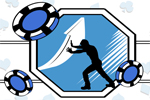 CHP15. WISHING FOR INSTANT IMPROVEMENT
CHP15. WISHING FOR INSTANT IMPROVEMENT
The concept of simply downloading expertise is ludicrous, but the fascination people have about the possibility highlights a commonly held flaw about the learning process.
